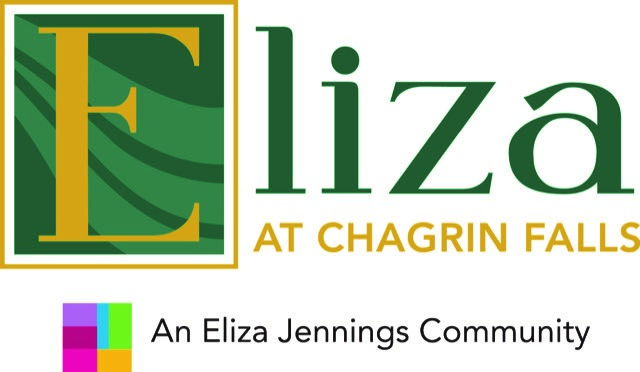Pneumonia in Elderly Persons
If pneumonia, along with influenza, was the 8th leading cause of death in the United Sates in 2010, and 1 out of 20 adults who get pneumonia dies, preventing pneumonia in the elderly is a serious matter.
“‘Pneumonia is an inflammation of the lungs usually caused by bacteria, viruses, fungi or other organisms,’ says Dr. Norman Edelman, the chief medical officer for the American Lung Association. This inflammation causes an outpouring of fluid in the infected part of the lungs, affecting either one or both lungs. The blood flow to the infected portion of the lung (or lungs) decreases, meaning oxygen levels in the bloodstream can decline.”
Older adults are more susceptible to pneumonia because they may already suffer from serious conditions such as heart disease, they don’t tolerate infections as well as young people, and their age causes a decrease in immune system response, making their defenses weaker.
Many times, people may think they are just suffering from the cold or flu, as the symptoms are similar. However, the signs of pneumonia in the elderly can differ from the general population.
You may have pneumonia if you have/are:
- Feeling weak
- Cough
- Green or yellow phlegm
- Chest pain
- Confusion
- Fever
- Chills
- Shortness of Breath
“Although pneumonia can be caused by more than two dozen organisms, pneumonia in the elderly is usually caused by bacteria or viruses. The streptococcus (or pneumococcal) pneumonia bacteria is responsible for an estimated 40,000 deaths every year, according to the Centers for Disease Control. The elderly are more likely to catch this strain of pneumonia. Streptococcus pneumonia can come on slowly or suddenly. It can damage the lungs, cause bacteremia in the bloodstream, and meningitis in the brain. Viruses also trigger this disease, and are thought to cause about 50 percent of pneumonia infections in the general population. Usually viral pneumonia is less severe, but complications can include bacterial pneumonia.”
You can lower your risk of getting pneumonia by following these precautions:
- Pneumococcal vaccine
- Influenza vaccine
- Wash your hands
- Dental hygiene
- Good health habits
- Stay away from anyone who has the flu or a bad cold
Knowing the signs and symptoms and taking simple precautions may prevent you or your loved ones from catching pneumonia this winter.
Read more about Pneumonia and the Elderly | A Place for Mom
